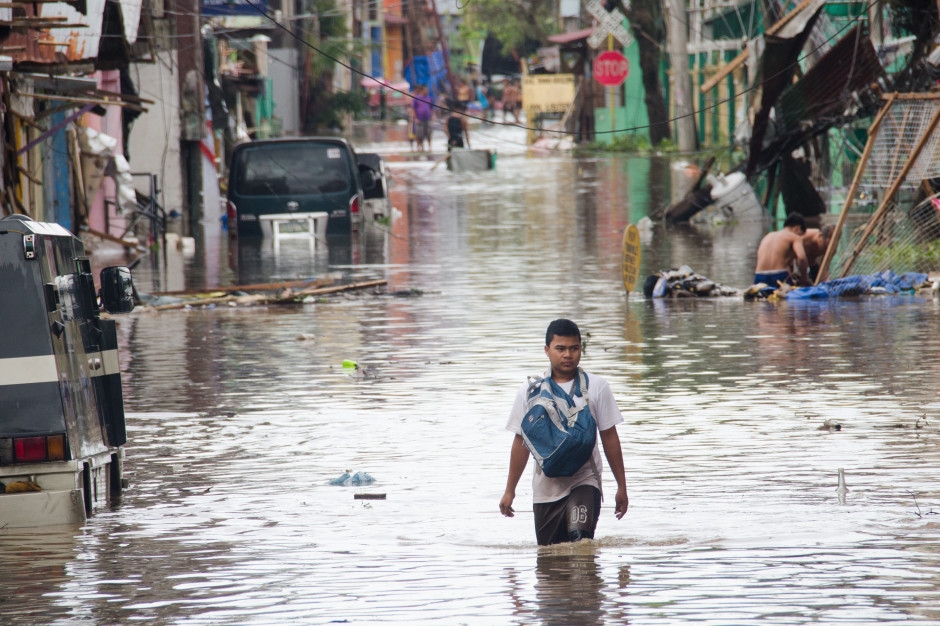Researcher: "biographical gap" is one of the barriers to vaccination of seniors against influenza

The lack of a consistent vaccination pattern in adulthood, the so-called biographical gap, is one of the main barriers to influenza prevention in older people, social attitudes researcher Idalina Odziemczyk-Stawarz from the Jagiellonian University told PAP.
Flu vaccination coverage among people aged 65+ in Poland is among the lowest in Europe. According to OECD data, it was less than 9% in 2022, while the European average is around 37%.
As explained by Idalina Odziemczyk-Stawarz, a doctoral student at the Jagiellonian University's Doctoral School of Social Sciences, collaborating with the Jagiellonian University's Centre for Evaluation and Analysis of Public Policies, who studies the psychosocial determinants of vaccination among older people, the problem is most often not the anti-vaccination attitude.
"What makes the decision to vaccinate particularly difficult is the so-called biographical gap, or the lack of a consistent pattern of preventive behavior related to vaccinations in adulthood," the researcher pointed out. She explained that mandatory vaccinations, which we experience in childhood, are followed by a gap of several decades, which is why vaccination in seniors is perceived as something new, not a permanent part of health care.
Her research also shows that vaccinated and unvaccinated people perceive vaccinations and their motivations for them differently.
Older people who don't get vaccinated against the flu have a less coherent and more personalized perspective. "Some of them don't feel at risk from the flu. Seniors know that people with weaker immune systems, who may become infected more easily or have a more severe illness, should be vaccinated, but they don't feel part of this group," said Odziemczyk-Stawarz. She added that people reluctant to get vaccinated against the flu often mistake the body's natural reaction after vaccination for illness or are concerned about the vaccine's effectiveness due to the variability of the viruses that cause the flu. "They also often cite the experiences of loved ones who, according to them, developed the flu after being vaccinated and therefore want to protect their health by avoiding vaccination," the researcher explained.
Both groups strive for independence, but understand it differently. Vaccinated older adults perceive vaccination as a tool for maintaining the independence guaranteed by maintaining their health. Those who do not vaccinate demonstrate independence through the ability to make independent decisions and not succumb to pressure from the healthcare system. The vaccinated group is also characterized by a strong sense of social responsibility and a desire to protect others.
The researcher noted that a universal message promoting vaccinations reaches mainly those who are already convinced, and in the case of hesitant people, tailor-made communication is particularly needed to answer their specific doubts.
Among her recommendations, she listed activities involving smaller groups, such as cooperation with local community leaders, promoting vaccinations within family networks or campaigns that draw on the experiences of loved ones, as well as introducing mechanisms to remind adults about vaccinations and facilitating access to vaccinations, for example, in pharmacies.
During the research, conducted under the PRELUDIUM 19 National Science Centre grant, 350 paper surveys were collected and 30 biographical interviews were conducted among a group of seniors from Krakow's Senior Activity Centres. Vaccination coverage in this group was significantly higher than the national average, at 43%.
"This is an interesting group of older people because its members can be considered superspreaders. It's not just that they have a lot of social contact and, if they do get the flu, they'll spread it to more people. It's also that these individuals can be advocates, spreading a certain perception of vaccinations. Both positively and negatively," she noted.
Ludwik Tomal (PAP)
lt/ agt/ amac/
The PAP Foundation permits free reprinting of articles from the Nauka w Polsce website, provided that you notify us by email once a month of your use of the website and cite the source of the article. On portals and websites, please include the linked address: Source: naukawpolsce.pl, and in journals, please include the annotation: Source: Nauka w Polsce website - naukawpolsce.pl. This permission does not apply to information in the "World" category or any photographs or video materials.
naukawpolsce.pl





